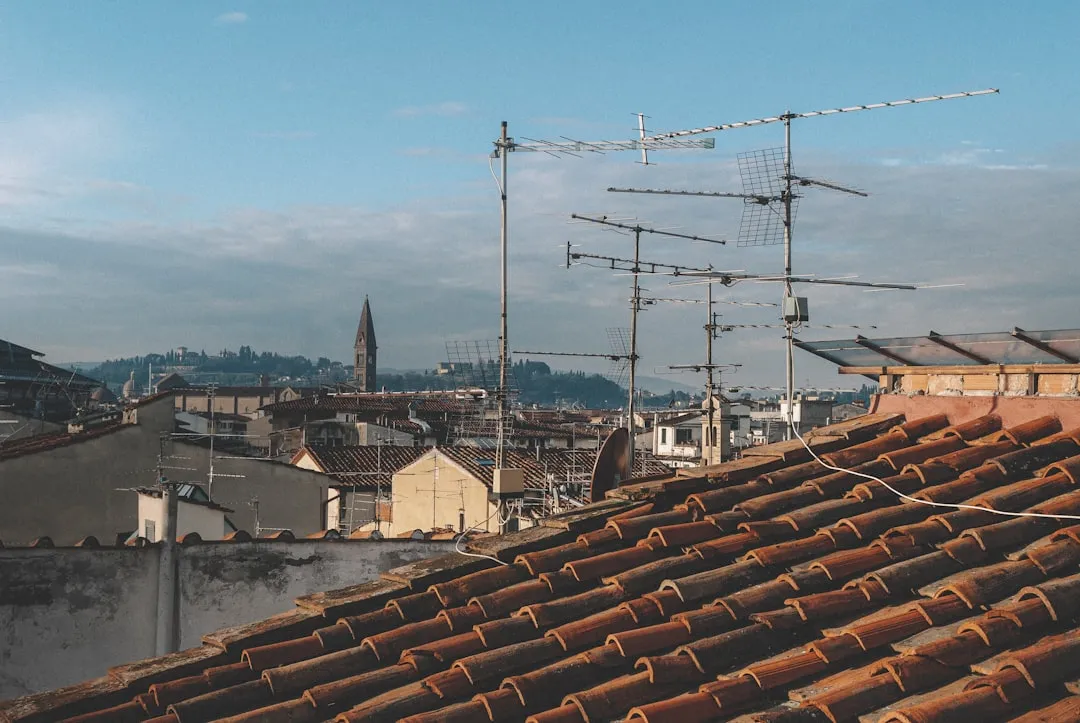Moving to Italy? One of the most significant decisions you’ll need to make is whether to rent or buy property. Italy offers a wide range of housing options that cater to various preferences, budgets, and lifestyles.
In this article, we’ll explore the pros and cons of renting versus buying in Italy, key factors to consider, and insights into the Italian real estate market to help you make an informed choice.
Renting in Italy
Renting is often the first step for newcomers, providing flexibility and fewer commitments. Here’s a closer look at why renting might be the best option for your move:
Pros of Renting
Flexibility: Renting allows you to explore different areas of Italy before settling down. Whether you’re drawn to the charm of Tuscany, the hustle of Rome, or the coastal beauty of the Amalfi Coast, renting gives you the freedom to choose the ideal spot without being tied down to one place.
Lower Initial Costs: Renting a home in Italy typically requires less upfront investment compared to buying. You’ll usually need to pay the first month’s rent, a security deposit (often equivalent to one or two months' rent), and possibly an agency fee, which is much more affordable than purchasing a property, where you’d face notary fees, taxes, and a mortgage deposit.
No Long-Term Commitment: Most rental contracts in Italy last one year, with the possibility of renewal, allowing you to remain flexible if your life circumstances change.
Maintenance-Free Living: When you rent, property maintenance is generally the responsibility of the landlord. This can be particularly beneficial when renting older properties in cities like Florence or Rome, where maintenance and repair costs can be high.
For rental listings, websites like Idealista and Immobiliare.it are popular choices.
Cons of Renting
Lack of Investment: Renting means your monthly payments go towards someone else's property, rather than building equity in your own home.
Rent Increases: Rental prices in popular cities like Milan, Rome, and Florence can increase sharply when your lease is up for renewal, especially in high-demand areas.
Less Stability: Renting doesn’t offer the same long-term stability as owning a home. Your landlord could decide to sell the property or increase rent, leading to uncertainty in your housing situation.
Buying in Italy
For those planning to settle in Italy for the long term, buying a property can be a rewarding decision. Italy offers a dynamic real estate market, from chic city apartments to countryside villas.
Pros of Buying
Long-Term Investment: Italy’s real estate market can be a solid investment, particularly in high-demand areas. Property values have generally increased over time, allowing homeowners to build equity.
Stability and Security: Owning a home in Italy provides long-term security. You won’t need to worry about rising rents or a landlord asking you to vacate. Plus, you can modify the property to your liking.
Potential for Rental Income: If you buy a property in popular tourist destinations like Rome, Venice, or the Amalfi Coast, you can rent it out to vacationers or long-term tenants. This could help you offset your mortgage payments.
Government Incentives: The Italian government offers tax incentives and a variety of programs for homeowners. For example, investors purchasing properties valued at €500,000 or more may be eligible for Italy’s Investor Visa program, which can also lead to residency.
To explore available properties for sale, Idealista and Casa.it are popular online platforms for buying property in Italy.
Cons of Buying
High Upfront Costs: Purchasing a home in Italy can be costly, with significant expenses including a down payment (typically 20-30% of the property’s price), notary fees, taxes, and legal costs. Be prepared for these expenses to add up quickly.
Long-Term Commitment: Owning a property means you’re tied to the area. If you decide to leave or need to sell, the process can take time, especially in slower property markets.
Property Maintenance: As a homeowner, you’ll be responsible for all maintenance and repairs. Older homes, especially in historic cities, may require extensive upkeep.
Factors to Consider
When deciding whether to rent or buy in Italy, take these key factors into account:
Location: Cities like Milan, Rome, and Florence have seen sharp increases in both rental and property prices, making them less affordable for some expats. Smaller towns and rural areas, such as those in Tuscany or the Italian Alps, are often more affordable. Your location preferences, whether in an urban center or a quiet countryside, will greatly affect your decision.
Length of Stay: Renting is usually more practical for short-term stays or those unsure about long-term plans. However, if you’re committed to living in Italy for the foreseeable future, buying a home may be a better option.
Finances: Evaluate your finances carefully. Can you afford a down payment and the other costs associated with purchasing a property? If not, renting may be more viable while you save for a future purchase.
Italian Real Estate Market: The real estate market in Italy varies by region. In some areas, property prices have been rising steadily, while others may not see the same growth potential. Research your desired area thoroughly to understand its market trends.
Residency Status: If you're a non-EU citizen, purchasing property in Italy may be linked to obtaining residency through programs like the Investor Visa or the Elective Residency Visa, especially for those planning to retire or invest.
Conclusion: Renting or Buying?
Deciding whether to rent or buy in Italy depends on your personal circumstances, financial situation, and long-term goals. Renting provides flexibility and lower initial costs, which can be ideal for newcomers, expats, and those exploring different regions. On the other hand, buying offers a solid investment and long-term stability, making it a good option for those planning to stay in Italy permanently.
Both choices have unique advantages, and the best decision is one that aligns with your lifestyle, budget, and aspirations.
Helpful Resources for Housing Searches
- Idealista: A top platform for both renting and buying properties across Italy.
- Casa.it: A great resource for real estate listings available for sale or rent.
- Immobiliare.it: Offers a wide range of property listings for both rent and purchase




